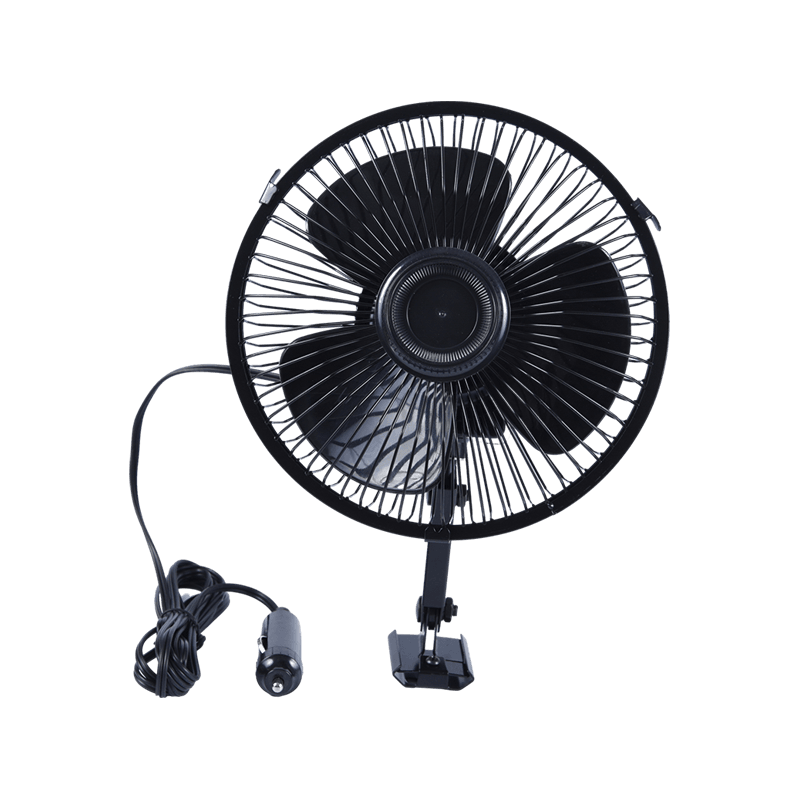A functional car air conditioning system is essential for comfort and safety, especially in warm climates. At the heart of this system is the car air compressor, a critical component responsible for pressurizing and circulating the refrigerant. When this unit overheats, it can lead to a complete failure of the AC system, resulting in costly repairs. Understanding the common causes of compressor overheating is key to prevention and early diagnosis.
1. Insufficient Refrigerant Charge
The most prevalent cause of a car air compressor overheating is a low refrigerant level. The refrigerant does not merely cool the air; it also carries oil that lubricates the compressor's internal parts and helps dissipate heat. When the refrigerant charge is low, the compressor must work harder to build the necessary pressure. This increased workload generates excessive heat. Furthermore, the reduced flow means less lubricating oil circulates and less heat is carried away, creating a cycle of rising temperatures that can quickly lead to seizure or burnout.
2. Inadequate Lubrication
The car air compressor contains moving parts like pistons or scrolls that require proper lubrication to function without excessive friction. A lack of adequate oil can be caused by a leak, failure to recharge the system correctly after a repair, or simply over time as the oil degrades. Without proper lubrication, metal-on-metal contact increases friction, generating intense heat that warps components and causes the unit to fail.
3. Electrical and Clutch Issues
The electromagnetic clutch is responsible for engaging and disengaging the compressor pulley from the engine's drive belt. If this clutch fails to disengage properly, the car air compressor will run continuously without respite. This constant operation prevents the unit from cooling down and inevitably leads to overheating. Faulty wiring, a failing relay, or a damaged clutch coil can all contribute to this problem.
4. Condenser Blockage or Damage
The condenser, located in front of the vehicle's radiator, is responsible for releasing the heat absorbed from the cabin into the outside air. If the condenser fins are clogged with dirt, debris, or bugs, or if it is damaged, its ability to reject heat is severely diminished. This forces the entire system, including the compressor, to operate under higher pressures and temperatures to achieve the same cooling effect, pushing the compressor beyond its designed thermal limits.
5. Contamination within the System
Moisture and air are enemies of an AC system. If a system is not properly evacuated and recharged using a vacuum pump, moisture can remain inside. This moisture can react with the refrigerant and oil to form acidic compounds, damaging internal components and creating sludge that blocks small passages. This contamination impedes refrigerant flow and lubrication, increasing strain and heat on the compressor.
6. Improper Operation and External Factors
Operating the AC system under extreme conditions, such as when the vehicle is consistently idling in traffic on a very hot day, places a high load on the system. While designed to handle this, pre-existing weaknesses like any of the issues above will be exacerbated. A malfunctioning cooling fan can also contribute, as it reduces airflow across the condenser, leading to higher system-wide pressures and temperatures.
Recognizing the Signs and Taking Action
Early signs of a car air compressor overheating include:
-
Warm air blowing from the vents.
-
A burning smell, often from slipping drive belts or overheated clutch.
-
Unusual noises from the compressor, such as grinding or squealing.
-
The AC clutch frequently cycling on and off or failing to engage at all.
If any of these symptoms appear, it is advisable to have the vehicle inspected by a certified technician. Preventative maintenance, including periodic system checks and ensuring proper refrigerant levels, is the most effective strategy to avoid the severe consequences of an overheated car air compressor. Addressing small issues promptly can prevent a complete and expensive system failure.


 English
English Português
Português عربى
عربى 中文简体
中文简体











